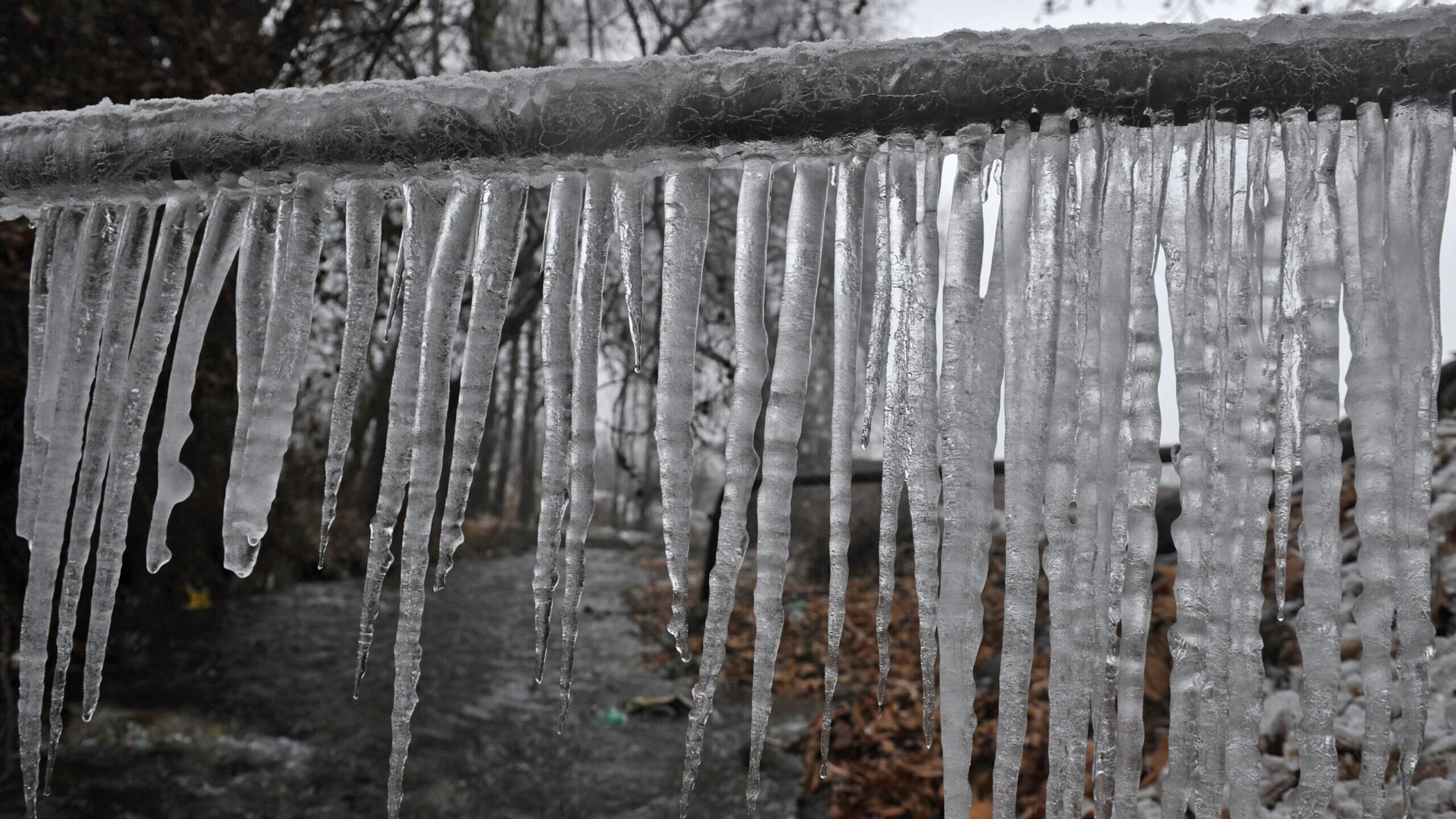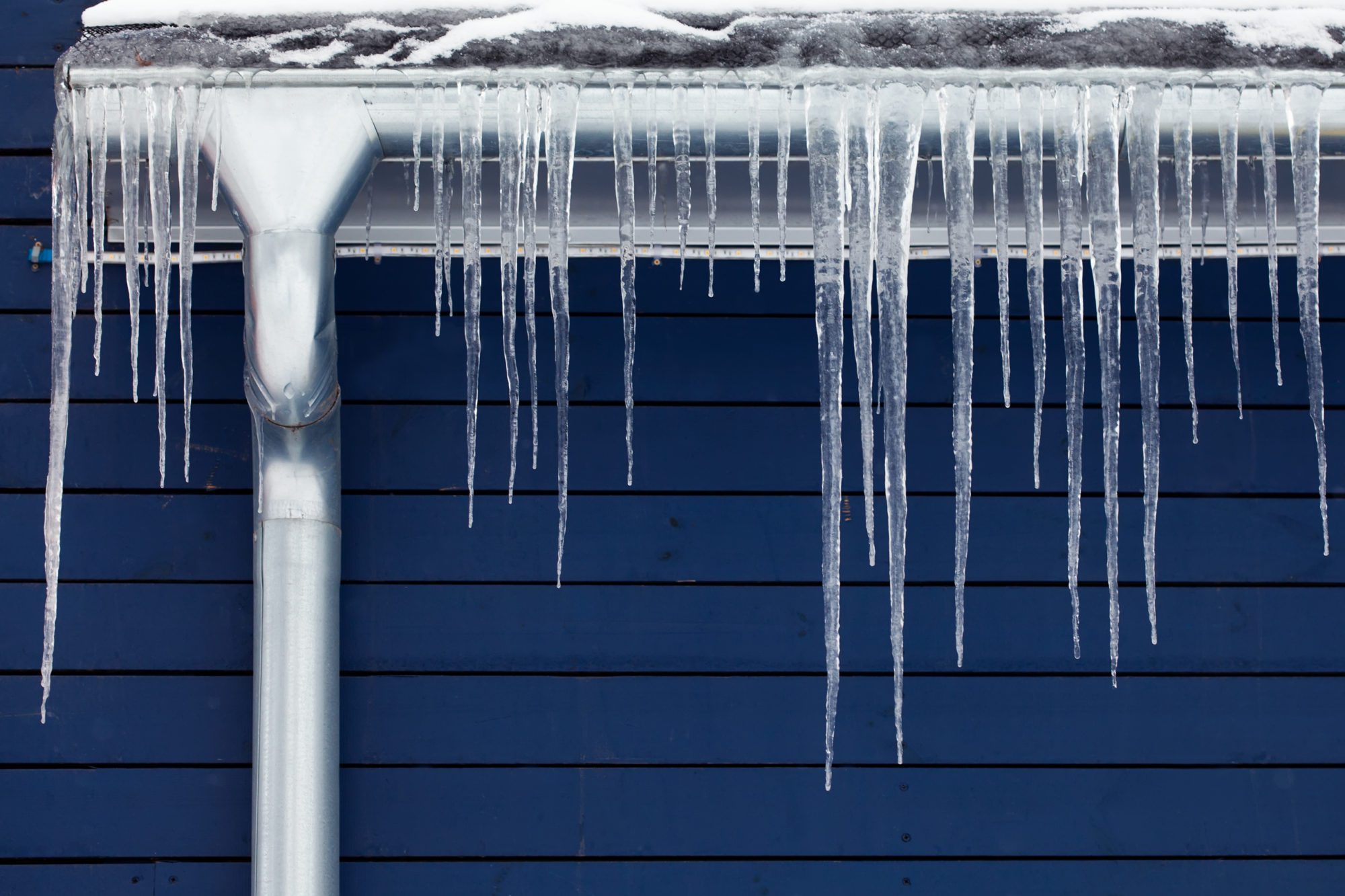How to Protect Your Plumbing from Freezing: Critical Strategies
How to Protect Your Plumbing from Freezing: Critical Strategies
Blog Article
This article following next pertaining to Preventing and dealing with frozen pipes is absolutely interesting. Give it a try and draw your own personal ideas.

Winter can wreak havoc on your plumbing, specifically by freezing pipelines. Below's exactly how to avoid it from taking place and what to do if it does.
Introduction
As temperatures decline, the danger of icy pipes increases, possibly leading to pricey repair work and water damages. Comprehending how to stop frozen pipelines is crucial for home owners in chilly climates.
Recognizing Icy Pipes
What creates pipelines to ice up?
Pipelines freeze when subjected to temperature levels listed below 32 ° F (0 ° C) for extended periods. As water inside the pipes freezes, it broadens, taxing the pipe walls and potentially causing them to burst.
Dangers and damages
Frozen pipes can lead to supply of water interruptions, property damages, and costly repair services. Burst pipes can flooding homes and trigger comprehensive architectural damages.
Indications of Frozen Pipeline
Identifying frozen pipes early can stop them from rupturing.
How to identify icy pipelines
Search for decreased water circulation from faucets, uncommon odors or noises from pipelines, and visible frost on exposed pipes.
Prevention Tips
Shielding susceptible pipelines
Cover pipelines in insulation sleeves or make use of warmth tape to safeguard them from freezing temperature levels. Focus on pipelines in unheated or outside locations of the home.
Home heating techniques
Keep interior rooms adequately heated, particularly areas with plumbing. Open closet doors to permit warm air to circulate around pipes under sinks.
Safeguarding Outdoor Plumbing
Yard hoses and exterior taps
Separate and drain garden tubes prior to wintertime. Set up frost-proof spigots or cover exterior faucets with insulated caps.
What to Do If Your Pipes Freeze
Immediate actions to take
If you suspect icy pipes, maintain taps available to soothe pressure as the ice thaws. Utilize a hairdryer or towels soaked in hot water to thaw pipelines gradually.
Long-Term Solutions
Structural modifications
Take into consideration rerouting pipelines away from exterior walls or unheated areas. Add added insulation to attics, basements, and crawl spaces.
Upgrading insulation
Invest in premium insulation for pipes, attic rooms, and wall surfaces. Appropriate insulation aids preserve constant temperatures and decreases the danger of frozen pipes.
Conclusion
Avoiding frozen pipes requires proactive measures and quick reactions. By understanding the reasons, indicators, and preventive measures, home owners can safeguard their plumbing during cold weather.
Helpful Tips to Prevent Frozen Pipes this Winter
UNDERSTANDING THE BASICS: WHY PIPES FREEZE AND WHY IT’S A PROBLEM
Water freezing inside pipes is common during the winter months, but understanding why pipes freeze, and the potential problems it can cause is crucial in preventing such incidents. This section will delve into the basics of why pipes freeze and the associated problems that may arise.
THE SCIENCE BEHIND FROZEN PIPES
When water reaches freezing temperatures, it undergoes a physical transformation and solidifies into ice. This expansion of water as it freezes is the primary reason pipes can burst. As the water inside the pipe freezes, it expands, creating immense pressure on the walls. If the pressure becomes too great, the pipe can crack or rupture, leading to leaks and water damage.
FACTORS THAT CONTRIBUTE TO PIPE FREEZING
Low Temperatures: Extremely cold weather, especially below freezing, increases the risk of pipes freezing. Uninsulated or Poorly Insulated Pipes: Pipes located in unheated areas, such as basements, crawl spaces, or attics, are more prone to freezing. Insufficient insulation or lack of insulation altogether exacerbates the problem. Exterior Wall Exposure: Pipes running along exterior walls are susceptible to freezing as they encounter colder temperatures outside. Lack of Heating or Temperature Regulation: Inadequate heating or inconsistent temperature control in your home can contribute to frozen pipes. PROBLEMS CAUSED BY FROZEN PIPES
- Pipe Bursting: As mentioned earlier, the expansion of water as it freezes can cause pipes to burst, resulting in significant water damage.
- Water Damage: When pipes burst, it can lead to flooding and water damage to your property, including walls, ceilings, flooring, and personal belongings.
- Structural Damage: Prolonged exposure to water from burst pipes can compromise the structural integrity of your home, leading to costly repairs.
- Mold and Mildew Growth: Excess moisture from water damage can create a favorable environment for mold and mildew growth, posing health risks to occupants.
- Disrupted Water Supply: Frozen pipes can also result in a complete or partial loss of water supply until the issue is resolved.
WHY CERTAIN PIPES ARE MORE PRONE TO FREEZING
- Location: Pipes located in unheated or poorly insulated areas, such as basements, crawl spaces, attics, or exterior walls, are at higher risk of freezing.
- Exterior Pipes: Outdoor pipes, such as those used for irrigation or exposed plumbing, are particularly vulnerable to freezing as they are directly exposed to the elements.
- Supply Lines: Pipes that carry water from the main water supply into your home, including the main water line, are critical to protect as freezing in these lines can affect your entire plumbing system.
- Underground Pipes: Pipes buried underground, such as those connected to sprinkler systems or outdoor faucets, can be susceptible to freezing if not properly insulated.
https://busybusy.com/blog/helpful-tips-to-prevent-frozen-pipes-this-winter/

As a passionate reader on Preventing and dealing with frozen pipes, I figured sharing that excerpt was really useful. Enjoyed reading our blog? Please share it. Help others check it out. Thanks a lot for going through it.
Call Today Report this page